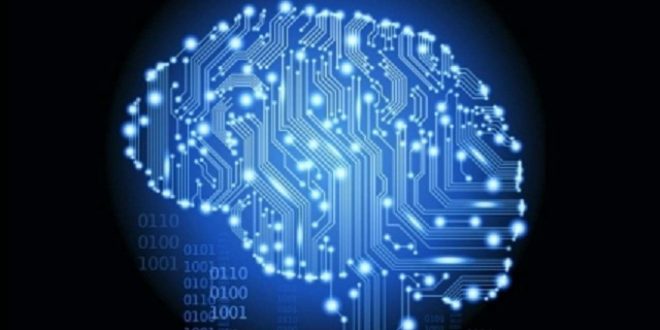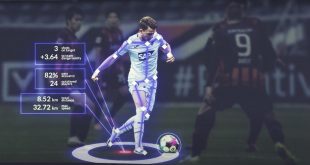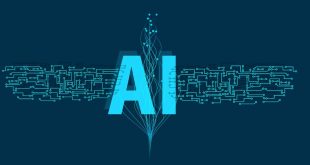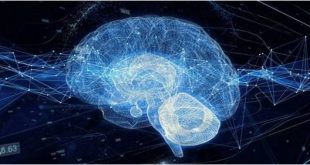Artificial intelligence is the current and the next big thing, as it is now everywhere and scientists are trying to make the best use of the advanced technology. In a recent study, it has been revealed that AI can even help in diagnosing Alzheimer’s disease faster and also improve prognosis.
Alzheimer is a neurological disorder in which cognitive decline and memory loss is caused by the death of brain cells. In various universities around the world, researches are going on how the routine use of AI in the healthcare sector can help to reduce the time and economic impact caused by neurodegenerative diseases like Alzheimer’s and Parkinson’s.
The primary factor behind various neurological disorders is age and with populations around the world living longer than before, the number of people impacted with a neurodegenerative disease is expected to grow tremendously.
A study has been published in the journal Nature Reviews Neurology, which talks about how AI technologies like machine learning algorithms can effectively detect neurological diseases and what actually causes part of the brain to die. All this can be found out much before the symptoms arrive making it possible to get better with on-time treatment. This also enhances patient’s chances to benefit from successful disease-modifying treatment.
Not just general researches, but scientists at Michigan State University (MSU) are also developing artificial intelligence technology that utilizes an algorithm to scan vocabulary and speech patterns in order to recognize early signs of Alzheimer.
MSU is also working in partnership with Weill Cornell Medicine and Oregon Health & Science University. This project is aimed to design an easy to use and accessible smartphone application to aid the necessity of following up medical diagnosis.
In the early stages of Alzheimer, it is difficult to diagnose it and sometimes people even confuse it with other diseases. Patients think of it as a mild cognitive impairment resulting in normal cognitive decline due to old age. Only at the later stages patient actually realizes that it’s not what he/she initially thought and by that time it’s too late.
If we talk about the current situation of the medical sector, then there’s no cure for Alzheimer’s disease and with each growing year, we are losing more and more people to it. But everyone would agree to this fact with early detection the researchers and doctors it is possible to halt or slow the development of the disease. And all this could easily be done before there’s any irreparable damage. Especially when we have the gift of Artificial Intelligence with us, it can be efficiently used to detect subtle changes in the behaviour and speech of the person. Moreover, implementing artificial intelligence into a mobile application makes it easily accessible and cheaper to perform medical diagnostics while eliminating the care disparities.
About the App
Till now various preliminary tests of the application have been done and the results obtained are similar to what doctors get with MRIs in determining the early warning signs. Data of these tests were collected by the collaborators at Oregon Health & Science University, who are conducting a clinical trial on how conversations can act as a therapeutic intervention for early Alzheimer or Dementia.
The main concern of the scientists is to design an app that doesn’t require the user to talk for hours to it. Also, they wanted to bring in data beyond just linguistic patterns to assist the AI in its assessment. For example, the application can even examine the acoustic signals of the conversation and it might also help in analyzing the facial expressions of the person along with his/her speech. The developers are also working on integrating behaviour sensors that would allow tracking of things like sleeping patterns.
After receiving the speech data the application would analyse it and will provide a risk score regarding the likelihood of the disease. One more benefit of such an app is that the patient can self-assess and could save money that can be used for treatment. Although a final diagnosis by the doctor is required, having an idea of what is going on in the patient’s body and how it is reacting helps a lot.
Conclusion:
The fact is that human interaction can’t be replaced and doctors will always be the first point of contact for a patient, but sometimes the patient is unknown if he/she is having such a disease and this app is designed for those only. People will at least be aware of Alzheimer on time and could get the required treatment before it’s too late. The entire world is hoping that now just for Alzheimer but more applications should be designed for various other critical illnesses that could help in adding more years to human life. Science is getting advanced and we can expect more such researches in the future.
 Next Tech Magazine Get The Latest Technology Updates
Next Tech Magazine Get The Latest Technology Updates







